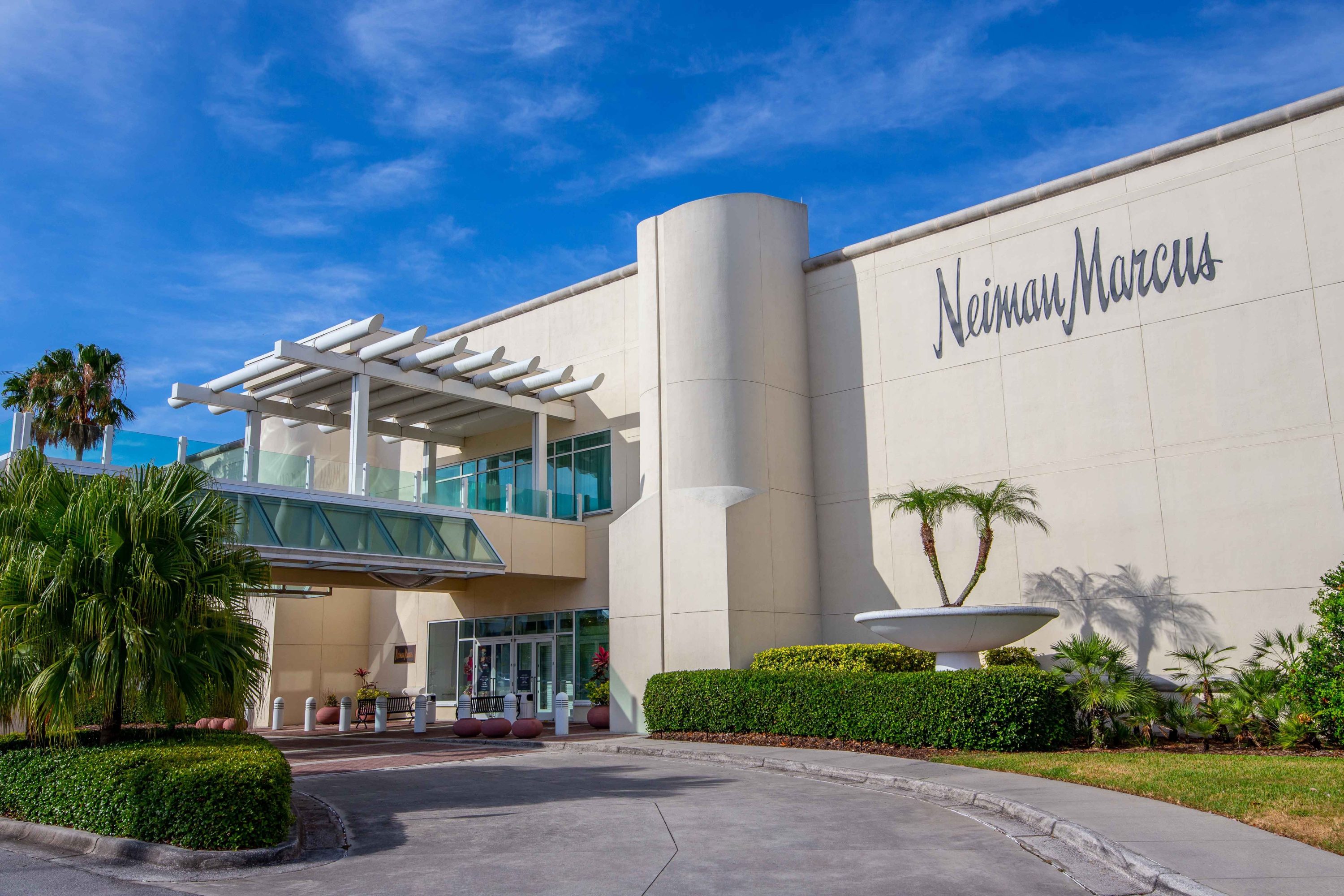Plans to Integrate Neiman Marcus and Bergdorf Goodman’s Digital Platforms Into Farfetch’s Have Been Terminated Following Coupang Acquisition
The Neiman Marcus Group has announced the termination of its partnership with Farfetch. The decision comes after Coupang’s purchase of Farfetch, completed last month. The London-based Farfetch had long struggled to turn a profit and was running out of cash amid rising interest rates and plummeting tech valuations. Coupang, based in the U.S. and South Korea, provided $500 million in an effort to pull Farfetch out of its financial difficulties.
Neiman’s announced that the Bergdorf Goodman website and app will no longer be re-platforming onto Farfetch Platform Solutions and that plans for the Neiman Marcus and Bergdorf Goodman divisions to join the online Farfetch Marketplace have been dropped. The Bergdorf Goodman website and app did not go live with Farfetch Platform Solutions.
“NMG is well positioned with exceptional technology, talent and resources to further invest in and expand our digital and e-commerce capabilities,” Neiman’s indicated in a statement Wednesday. “Our focus remains on continuing to deliver a differentiated luxury experience across all facets of our integrated retail model, and to position our business for sustainable, profitable growth. We appreciate Farfetch, which continues to be a minority investor in NMG.”
By linking up with Farfetch, the objective was to enable Bergdorf’s to engage in e-commerce internationally through Farfetch technology and services such as call centers and supporting marketing efforts overseas, and possibly further off in the future also enable the Neiman’s division to conduct e-commerce abroad. The plan also involved providing the Bergdorf Goodman Fifth Avenue flagship with Farfetch’s New Luxury Retail treatment, geared to bring greater connectivity to the experience of physical retail.
While NMG continues to invest in technology, the luxury retailer must find an alternative tech solution to attain its international e-commerce ambitions. Neiman’s and BG customers can shop from outside the U.S. via their relationships with sales associates.
Terminating the working relationship with Farfetch does not disrupt any of NMG’s operations, including conducting e-commerce in the U.S. Online accounts for about one-third of Neiman Marcus Group’s total sales, though this figure does not include in-store digital sales by sales associates.
As a minority investor, Farfetch owns common shares in NMG and no voting rights. Farfetch in 2022 invested about $200 million in NMG, to help supercharge the retailer’s digital and omnichannel evolution.
When Farfetch’s NMG investment was revealed in 2022 there was some speculation that it could be a prelude to taking a bigger stake in the business, or even taking it over. However, Farfetch founder, chairman and chief executive officer José Neves told WWD at the time that no form of M&A was being considered and that the deal was a strategic minority investment. With Coupang’s taking control of Farfetch, Neves is no longer running the business and the future of Farfetch’s stake in NMG remains up in the air.
On Wednesday, Bom Kim, the founder and chief executive officer of Coupang, sent out an email to brands and stores, stating that Coupang’s acquisition of Farfetch was completed. “This deal puts Farfetch in a strong position for the long term, and with the financial stability and operational excellence of Coupang, we believe the future is extremely bright.…Having spent time getting to know the business, it has become clear that we need to rededicate Farfetch to creating an amazing experience for customers, helping them discover the best boutiques, curators and brands, in an elevated environment.”
Separately, and in response to Neiman’s decision, a Farfetch spokesperson, said, “We continue to partner closely with thousands of brands and boutiques around the world to provide an elevated online luxury experience for millions of customers.”
Coupang is based in Seoul with its U.S. headquarters in Seattle, although it maintains offices elsewhere in the U.S. as well as elsewhere in Asia. The company owns or leases about 47 million square feet of fulfillment and logistics space in South Korea, has about 63,000 employees, is publicly traded on the New York Stock Exchange and for the nine months ended Sept. 30 generated revenues of $17.8 billion.
